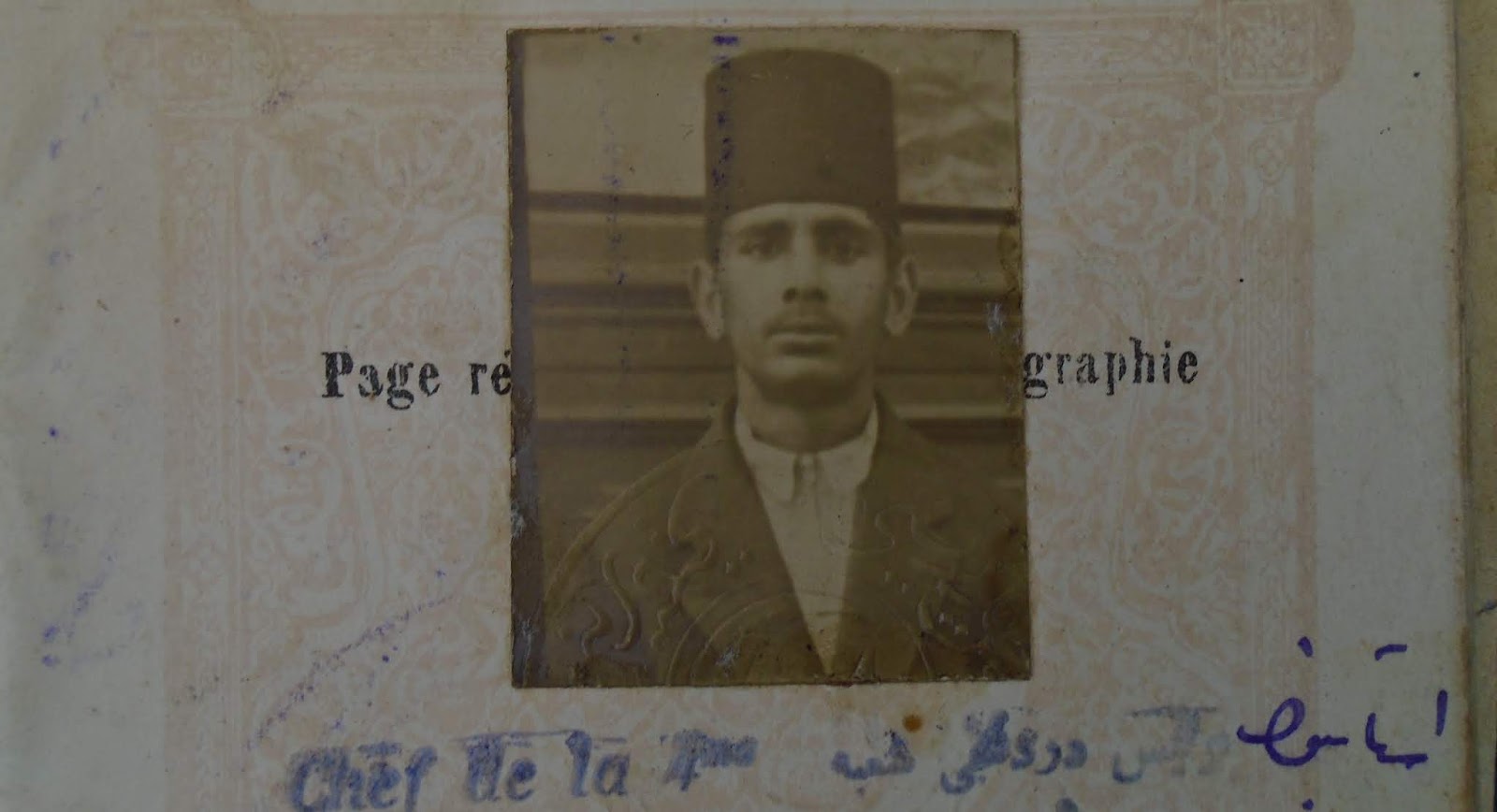Ottoman Migrants, US Deportation Law, and Statelessness during the Interwar Era
DOI:
https://doi.org/10.24847/55i2018.208Keywords:
Turkey, Migration, Eastern Mediterranean, Ottoman EmpireAbstract
During the 1920s and 1930s, the United States developed a new apparatus for effecting large numbers of deportations at the federal level. By the time of the Great Depression, the US deported more than 10,000 individuals each year. People born in the Ottoman Empire, who migrated to the US in considerable numbers from the last decade of the nineteenth century onward, represented a small portion of this growing number of deportees. Yet their deportation cases presented special challenges to the Immigration and Naturalization Services as well as the diplomats of the US Department of State due to the rapidly changing map of the Middle East and the fact that the country they were born in no longer existed. This article studies the history of Ottoman-born individuals deported from the US during the interwar period and the role of diplomatic relations in the outcomes of deportation cases. By contrasting the cases of Anatolian Armenian, Lebanese, and Dodecanese migrants, we show that ambiguous nationality in some cases hindered and prevented deportation. In other instances, diplomatic correspondence or international agreements facilitated the resolution of deportation cases and established precedents for dealing with particular classes of migrants. While such cases point to strategies of national governments to address the issues associated with the emergent phenomenon of statelessness, they also demonstrate the mechanisms by which statelessness was created through mutual disavowal on the part of post-Ottoman governments of the Middle East and the increasingly anti-immigrant United States.

Published
Issue
Section
License
Copyright (c) 2019 Chris Gratien, Emily K. Pope-Obeda

This work is licensed under a Creative Commons Attribution-NonCommercial-NoDerivatives 4.0 International License.
Authors who publish with this journal agree to the following terms:
- Authors retain copyright and grant the journal right of first publication with the work simultaneously licensed under a Creative Commons Attribution-NonCommercial-NoDerivatives 4.0 International License, which allows others to share the work with an acknowledgement of the work's authorship and initial publication in this journal.
- Authors are able to enter into separate, additional contractual arrangements for the non-exclusive distribution of the journal's published version of the work (e.g., post it to an institutional repository or publish it in a book), with an acknowledgement of its initial publication in this journal.
- Authors are permitted and encouraged to post their work online (e.g., in institutional repositories or on their website) prior to and during the submission process, as it can lead to productive exchanges, as well as earlier and greater citation of published work (See The Effect of Open Access).
The content of this journal is licensed under a Creative Commons Attribution-NonCommercial-NoDerivatives 4.0 International License.

